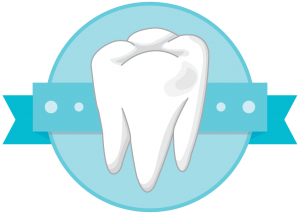
Have you ever noticed how many of our everyday idioms mention our mouths or teeth? Many of us know what these common sayings mean – but have you wondered where they came from? We break it down below.
By the skin of your teeth
The first recorded instance of this phrase was from the Bible (Job 19:20). The King James version reads, “My bone cleaveth to my skin and to my flesh, and I am escaped with the skin of my teeth.” It’s meant to convey a slim escape from a risky situation. If you consider your teeth’s enamel as their skin, then that escape would be pretty thin!
Don’t look a gift horse in the mouth
The earliest recorded version of this phrase is from a 1546 book on proverbs. Back then, it was not uncommon to gauge a horse’s age by the shape and condition of its teeth. Simply, this phrase means to appreciate a gift you have been given.
Bite your tongue
Prior to 1593, this common phrase was actually bide your tongue – as in keep it in your mouth and do not speak. William Shakespeare changed the phrase to “bite” in Henry VI, and it took off from there.
Lie through your teeth
This phrase has gone through quite a change. Today, it means to lie through a smile – easily and unashamed. But its origins go back to the 14th century, when the phrase was to “lie in your teeth” referring both to the liar’s teeth, and the teeth of the person being lied to. The meaning was similar to today’s phrase of “lying in your face.”
Sets my teeth on edge
This phrase goes all the way back to 1382, found in Wyclif’s Bible as, “And the teeth of sones wexen on egge.” It was used to describe teeth sensitivity – as in when you eat something particularly sour, you may feel a tingling in your teeth or grit them. Today used to describe something particularly annoying, the first modern phrase of this came, again, from Shakespeare’s Henry IV.





